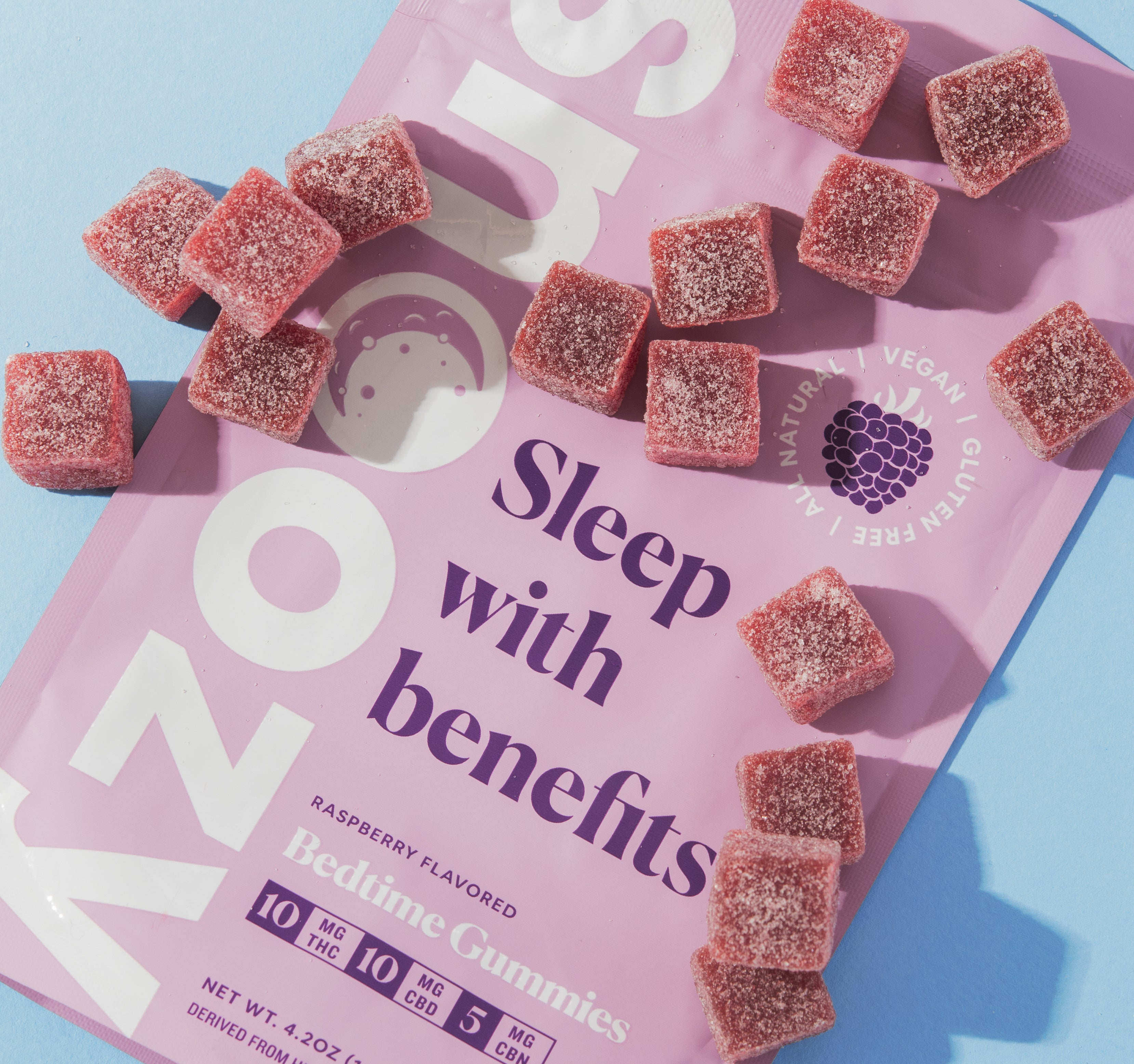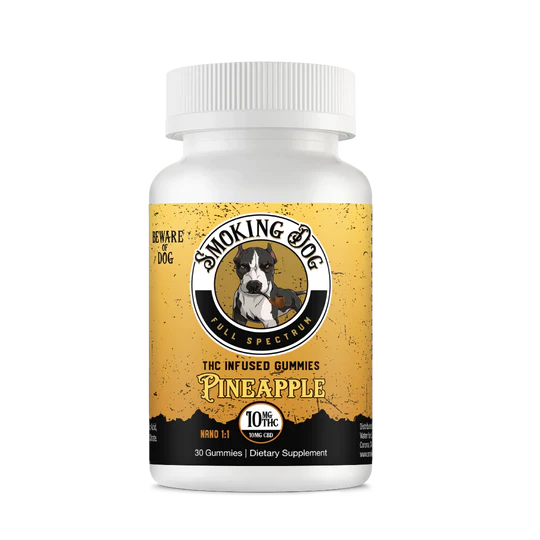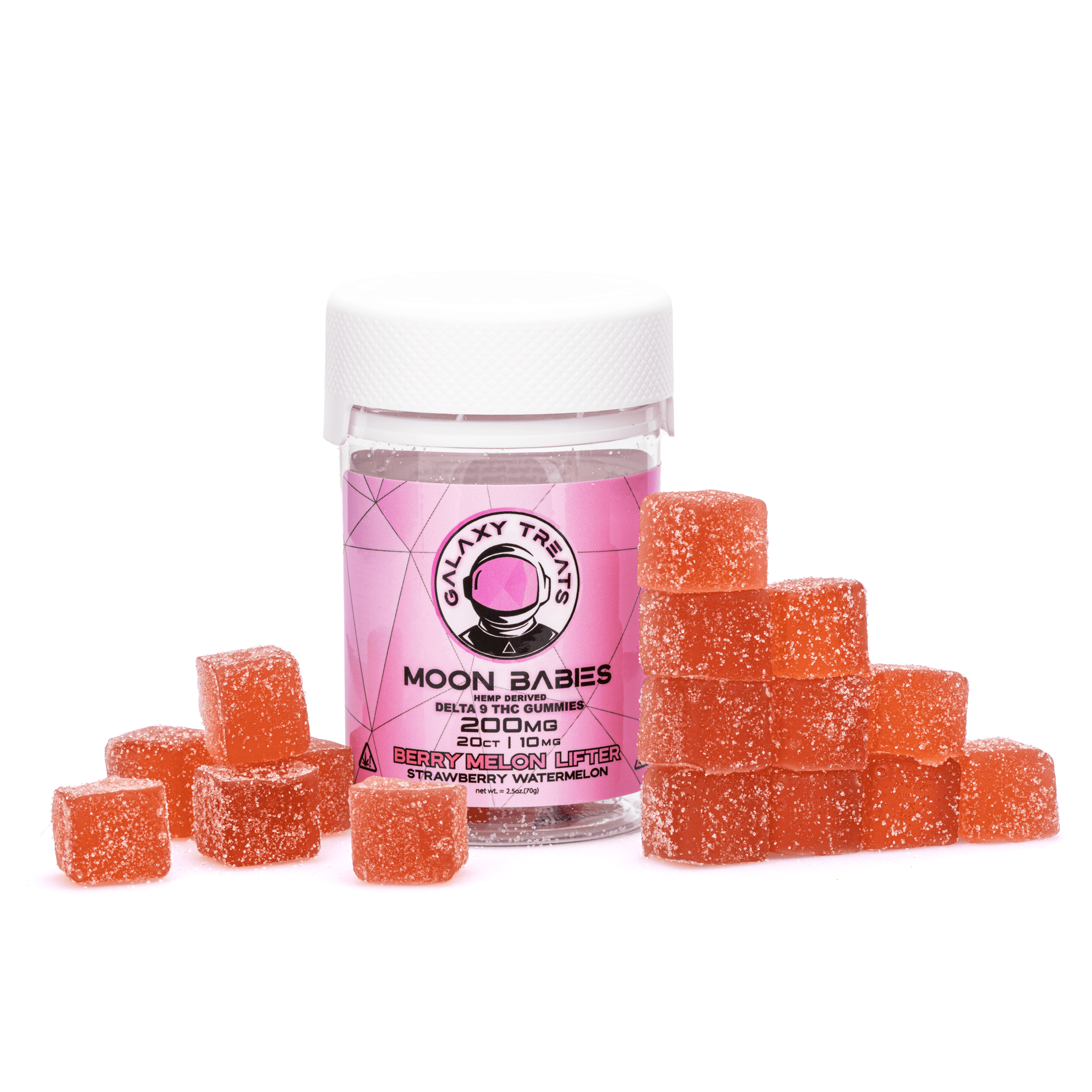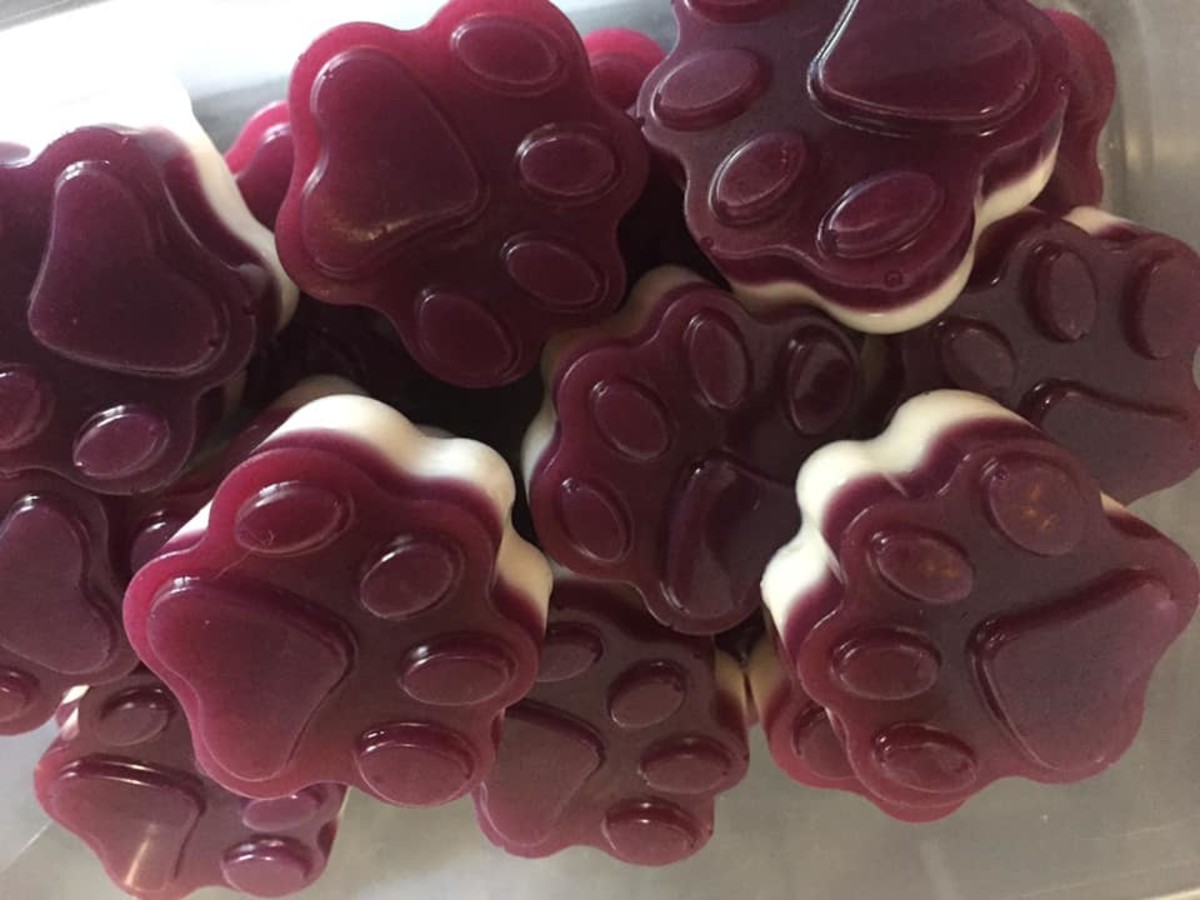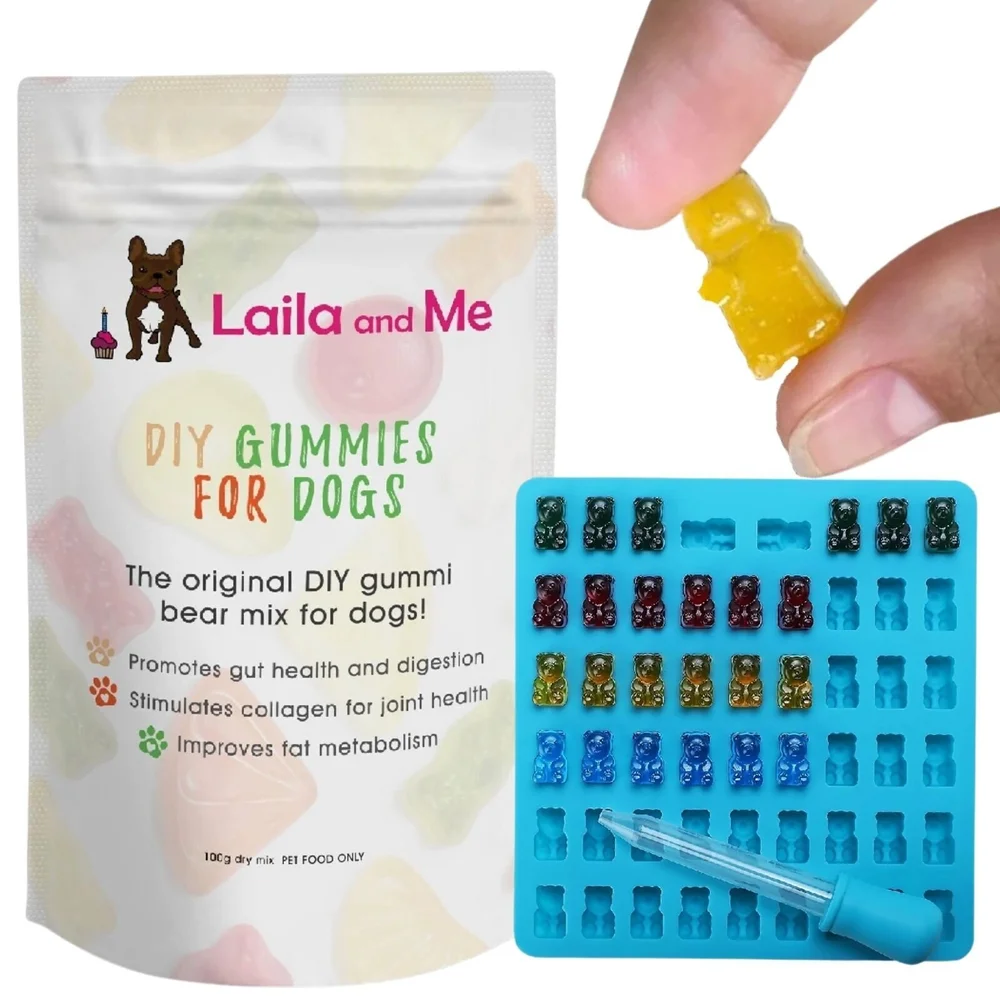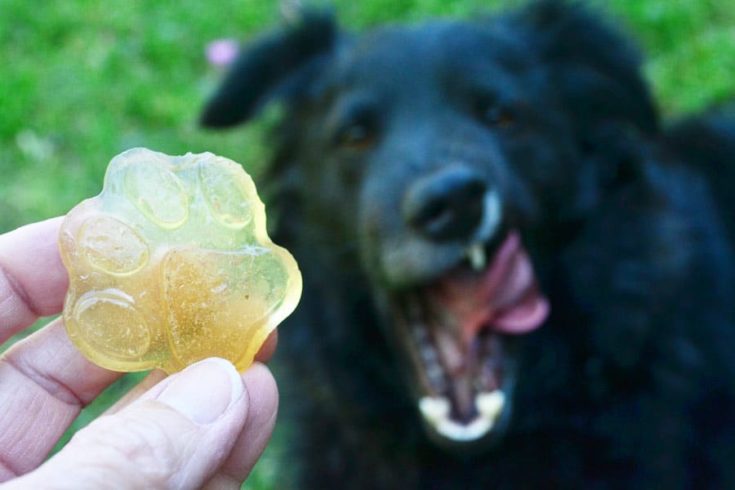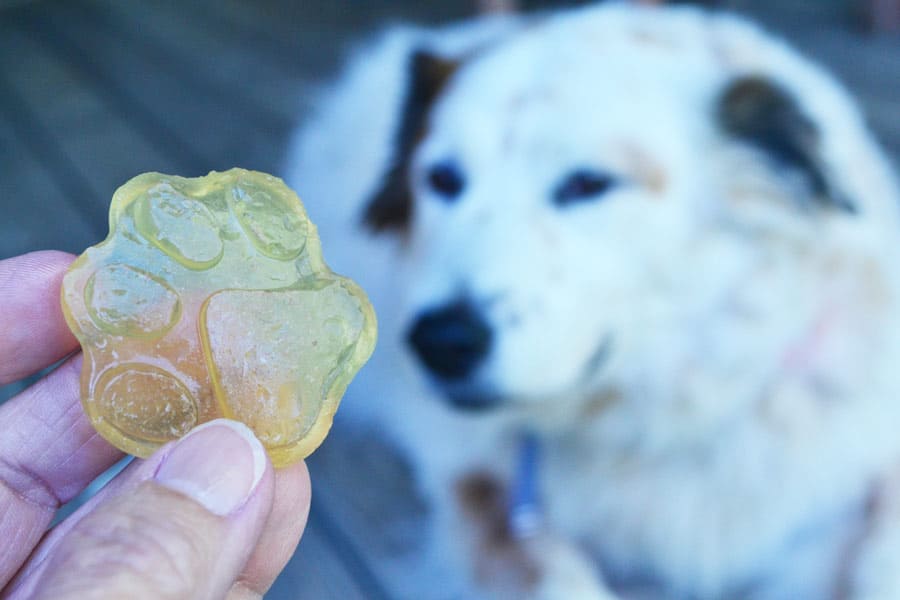Can Dogs Have Delta 9 Gummies
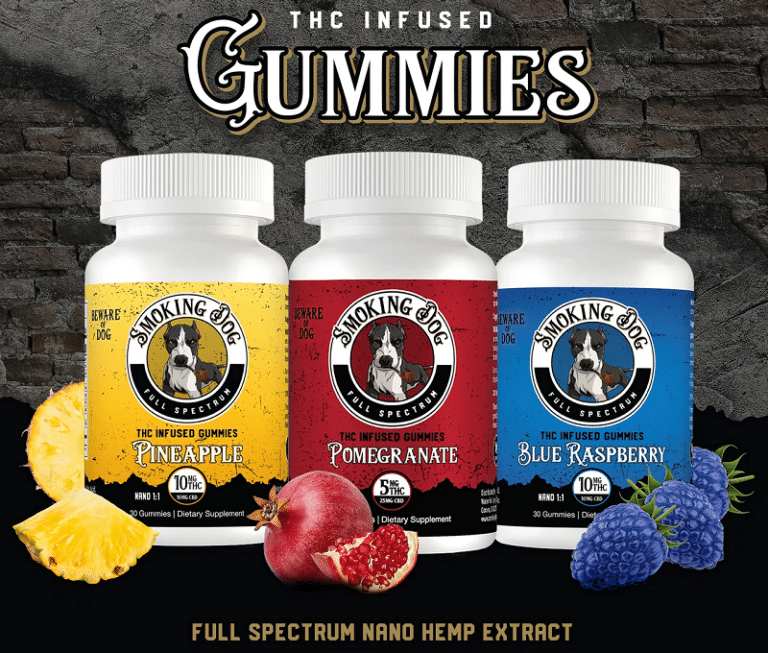
Imagine Fido, your tail-wagging, perpetually-hungry best friend, eyeing that bag of delicious-smelling gummies on the counter. You're enjoying the calming effects of your Delta 9 treats, but a sudden wave of panic washes over you. Can dogs even have these? The innocent curiosity in his eyes is quickly replaced by a knot of worry in your stomach.
The burning question is: can dogs have Delta 9 gummies? The short answer is a resounding no. Delta 9 THC, the psychoactive compound in cannabis, is toxic to dogs, and giving them gummies containing it can lead to serious health issues.
Let's delve into why these seemingly harmless treats are a danger to our canine companions, exploring the science, risks, and safe alternatives to ensure our furry friends remain happy and healthy.
The Science Behind Delta 9 and Dogs
Delta 9 THC (tetrahydrocannabinol) interacts with the body's endocannabinoid system, a network of receptors that regulate various functions like mood, pain, and appetite. Humans have a different distribution and sensitivity of these receptors compared to dogs.
Dogs have a higher concentration of cannabinoid receptors in their brains, making them far more sensitive to the effects of THC. This increased sensitivity is why even small amounts of Delta 9 can cause significant and potentially dangerous reactions in dogs.
According to the ASPCA, marijuana is toxic to dogs, cats, and horses. Their Animal Poison Control Center fields numerous calls each year related to pets ingesting cannabis products.
The Risks of Delta 9 Gummies for Dogs
The potential consequences of a dog ingesting Delta 9 gummies range from mild to severe, depending on the dose and the dog's size and overall health. Common symptoms include lethargy, incoordination (ataxia), dilated pupils, vomiting, and urinary incontinence.
More serious complications can involve tremors, seizures, coma, and, in rare cases, even death. The lack of control dogs have over their bodies after ingesting THC can be terrifying for both the animal and the owner.
Additionally, many Delta 9 gummies contain other ingredients that can be harmful to dogs, such as chocolate, xylitol (an artificial sweetener), and high sugar levels. Chocolate is a well-known toxin for dogs, while xylitol is extremely poisonous and can cause liver failure.
Recognizing the Signs of THC Toxicity
It's crucial to recognize the signs of THC toxicity in dogs so you can seek veterinary care promptly. Look for these key indicators:
- Lethargy: Unusual sleepiness or lack of energy.
- Ataxia: Difficulty walking or maintaining balance, appearing "drunk."
- Dilated Pupils: Enlarged pupils, even in bright light.
- Vomiting: Throwing up undigested food or bile.
- Urinary Incontinence: Loss of bladder control.
- Tremors or Seizures: Involuntary muscle twitching or convulsions.
If you suspect your dog has ingested Delta 9 gummies, contact your veterinarian or an animal poison control center immediately. Early intervention is crucial for a positive outcome.
The Role of Veterinarians and Treatment Options
Veterinarians are the best resource for treating THC toxicity in dogs. They can assess the severity of the situation and administer appropriate treatments, such as induced vomiting (if caught early), activated charcoal to absorb the THC, and intravenous fluids to support hydration.
In more severe cases, veterinarians may need to provide supportive care, such as oxygen therapy or anti-seizure medication. The treatment plan will be tailored to the individual dog's needs.
Never attempt to treat THC toxicity at home without veterinary guidance. Incorrect interventions can worsen the situation.
Safe Alternatives and Preventive Measures
While Delta 9 gummies are off-limits for dogs, there are safe and effective ways to address anxiety or pain in your furry friend.
Consult with your veterinarian about alternative treatments, such as CBD products specifically formulated for dogs. These products contain cannabidiol (CBD), which is non-psychoactive and has been shown to have calming and pain-relieving properties.
Always purchase CBD products from reputable sources and follow the recommended dosage guidelines provided by your veterinarian. It's important to ensure the product is specifically designed for pets, as human CBD products may contain ingredients that are harmful to animals.
Prevention is Key
The best way to protect your dog from THC toxicity is to prevent accidental ingestion. Store all cannabis products, including gummies, in a secure location that is inaccessible to your pet.
Be mindful of where you consume cannabis products, and never leave them unattended. Clean up any crumbs or spills immediately.
Educate family members and visitors about the dangers of cannabis for pets and ensure they are aware of your storage and consumption practices.
The Broader Implications and Legal Landscape
The increasing legalization and accessibility of cannabis products have led to a rise in cases of accidental pet ingestion. Public awareness campaigns and responsible product labeling are crucial to address this growing concern.
Some states are beginning to incorporate pet safety into their cannabis regulations, requiring child-resistant packaging and warning labels specifically addressing the dangers to animals.
Advocacy groups and veterinary organizations are working to educate the public and policymakers about the risks of cannabis for pets and to promote responsible cannabis use and storage practices.
A Final Paw-sitive Thought
While the thought of your dog getting into your Delta 9 gummies is undoubtedly frightening, understanding the risks and taking preventative measures can ensure their safety and well-being.
By keeping cannabis products out of reach, exploring safe alternatives with your veterinarian, and staying informed, you can protect your furry friend from harm and enjoy a happy, healthy life together.
Remember, a little caution goes a long way in ensuring your dog's tail continues to wag with joy, free from the risks associated with Delta 9 THC. Always prioritize their health and safety above all else.


